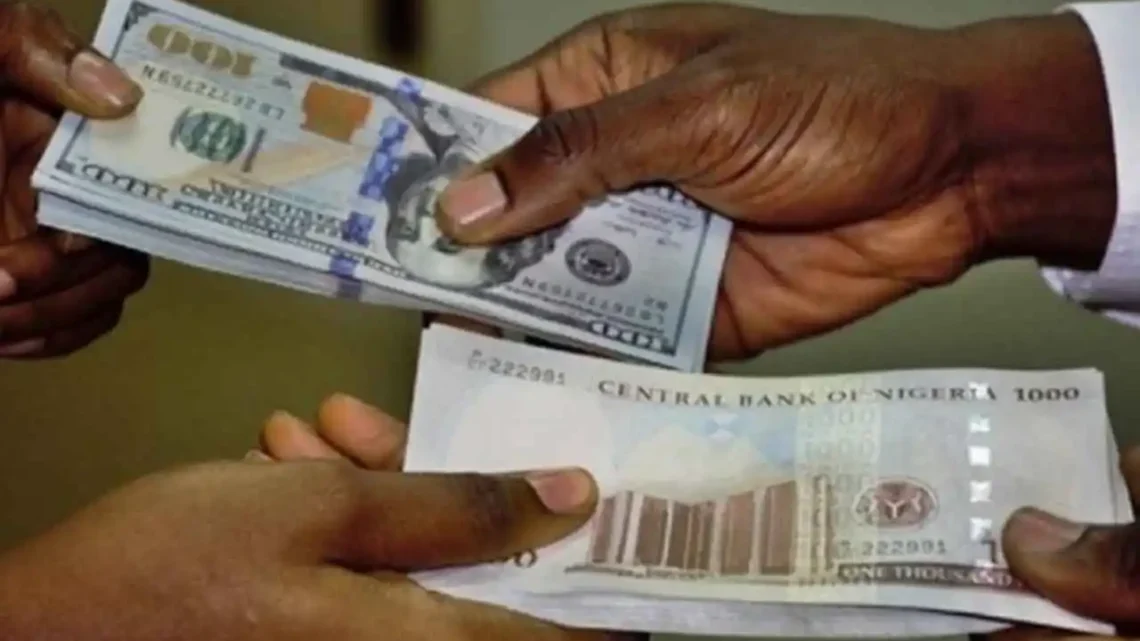
Aboki Naira to Dollar Black Market Exchange Rate Today, 10th October 2025
The Nigerian Naira continued its volatile dance with the US Dollar in the parallel market today, with black market traders quoting the greenback at a selling rate of ₦1,500 and a buying rate of ₦1,485.
This marks a slight uptick from yesterday’s close, underscoring persistent strains on Nigeria’s foreign exchange reserves and import-driven economy.
Trending Now!!:
According to sources from Bureau De Change (BDC) operators in Lagos, the rates reflect heightened demand for dollars amid seasonal business activities and remittances ahead of the holiday season. “Traders are holding firm on these quotes due to limited supply,” one anonymous dealer told reporters, noting that the parallel market—often referred to as the “Aboki” rate—remains a go-to benchmark for everyday transactions outside official channels.
For context, this means exchanging $100 would fetch approximately ₦150,000 today, a figure that has sparked concerns among small businesses and households reliant on imported goods.
Economists attribute the Naira’s fragility to several factors, including subdued oil revenues—Nigeria’s primary export earner—coupled with global uncertainties like US Federal Reserve policies and geopolitical tensions.
“While the Central Bank of Nigeria (CBN) has injected dollars into the official market to stabilize rates around ₦1,550, the parallel segment lags behind, widening the gap and fueling arbitrage,” said Dr. Aisha Bello, a forex analyst at Lagos-based ThinkTank Economics.
The official Investors and Exporters (I&E) window rate stood at ₦1,552 per dollar as of Thursday’s close, highlighting the disconnect. On the brighter side, recent government reforms, including eased restrictions on diaspora inflows, have shown glimmers of improvement.
Remittances hit a record $25 billion in 2024, per World Bank data, providing a buffer against outflows. However, inflation—clocking in at 34.2% year-on-year—continues to erode purchasing power, with food prices up 40% in urban centers.
Market watchers advise caution for transactors: Verify rates with multiple sources before deals, as street-level variations can swing by ₦10-20 depending on location and volume. For those eyeing larger exchanges, licensed BDCs offer marginally better security, though at a premium.
As Nigeria navigates these turbulent waters, all eyes remain on upcoming CBN interventions and oil price rebounds.
Will the Naira steady, or is further slippage on the horizon? For now, the black market tells a tale of resilience amid adversity—₦1,500 and counting.


